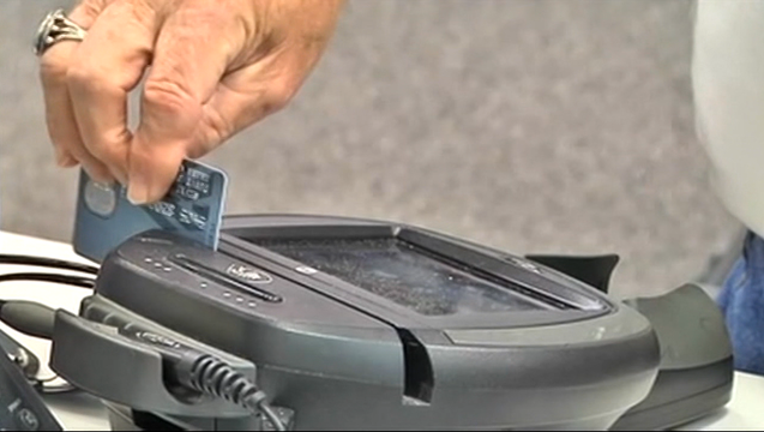5 tips to legally repair your credit

ATLANTA, Ga. - Real estate expert John Adams shows us what we can do to legally repair our damaged credit.
1. Get copies of your credit report, then make sure the information is correct.
Go to www.annualcreditreport.com. This is the only authorized online source for a free credit report. Under federal law, you can get a free report from each of the three national credit reporting companies every 12 months.
You can also call 877-322-8228 or complete the Annual Credit Report Request Form and mail it to Annual Credit Report Request Service, P.O. Box 105281, Atlanta, GA 30348-5281.
2. Pay your bills on time.
One of the most important things you can do to improve your credit score is pay your bills by the due date. You can set up automatic payments from your bank account to help you pay on time, but be sure you have enough money in your account to avoid overdraft fees.
3. Understand how your credit score is determined
Your credit score is usually based on the answers to these questions:
Do you pay your bills on time? The answer to this question is very important. If you have paid bills late, have had an account referred to a collection agency, or have ever declared bankruptcy, this history will show up in your credit report.
What is your outstanding debt? Many scoring models compare the amount of debt you have and your credit limits. If the amount you owe is close to your credit limit, it is likely to have a negative effect on your score.
How long is your credit history? A short credit history may have a negative effect on your score, but a short history can be offset by other factors, such as timely payments and low balances.
Have you applied for new credit recently? If you have applied for too many new accounts recently, that may negatively affect your score. However, if you request a copy of your own credit report, or if creditors are monitoring your account or looking at credit reports to make prescreened credit offers, these inquiries about your credit history are not counted as applications for credit.
How many and what types of credit accounts do you have? Many credit-scoring models consider the number and type of credit accounts you have. A mix of installment loans and credit cards may improve your score. However, too many finance company accounts or credit cards might hurt your score.
4. Learn the legal steps to take to improve your credit report.
The Federal Trade Commission has information on disputing errors on credit reports (www.consumer.ftc.gov/articles/0151-disputing-errors-credit-reports), as well as tips on dealing with debt (www.consumer.ftc.gov/topics/dealing-debt), and more.
5. Consider a SECURED CREDIT CARD
Sometimes doing it yourself is the best way to repair your credit.
Lots of banks and credit unions offer a SECURED CREDIT CARD that allows you to get a major credit card even if you have AWFUL credit. The secret here is that you have to make a SECURITY DEPOSIT with the bank to cover your LINE OF CREDIT. That’s not so bad, but some of these cards are better than others.
In Georgia, you can get SECURED CREDIT CARDS from lots of banks & credit unions, but look for one that has NO ANNUAL FEE. You may have to look around, but you can probably find a bank with a NO ANNUAL FEE secured credit card. You make a small deposit in a pledged savings account, say $300, and you get a credit card with a $300 credit limit. Pay your balance off monthly to avoid hefty interest charges and boost your credit score at the same time.

